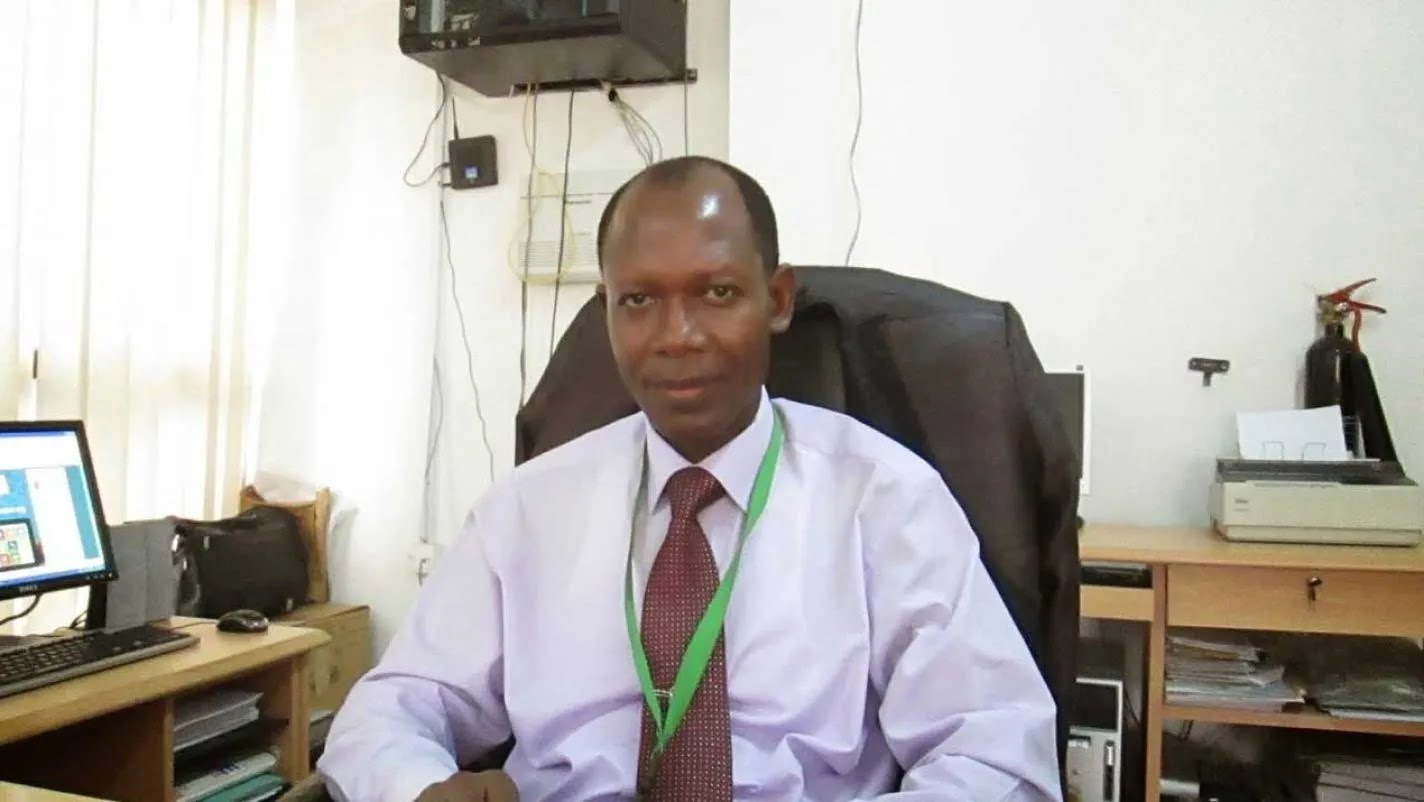
 Some experts have said the Nigerian capital market made substantial contributions to the nation’s economic growth and national development since its independence in 1960.
Some experts have said the Nigerian capital market made substantial contributions to the nation’s economic growth and national development since its independence in 1960.
The experts spoke in separate interviews with the News Agency of Nigeria (NAN) on Saturday in Lagos, while reviewing the performance and evolution of the Nigerian capital market since independence.
Mr David Adonri, Executive Vice Chairman, HighCap Securities Ltd., said the capital market, since independence, had evolved in supporting growth and helping in unlocking the economic potential for government and the populace in creating wealth.
Citing how the market had been beneficial to the country, Adonri said the Federal Government had always financed its budget by raising capital through bonds from the Nigerian Exchange Ltd. (NGX).
According to him, the capital market has also taken advantage of technology in its daily processes to increase market efficiency and help companies to raise capital, while investors continued to enjoy appropriate returns on their investments.
Recalling how the capital market played a role during the indigenisation exercises of 1972 and 1978, he noted that the Exchange assisted Nigerians to buy over a lot of foreign enterprises, an opportunity they still enjoyed to date.
Adonri cited how the banking industry through the Exchange in 2005, achieved its recapitalisation exercise, which was mandated by the Central Bank of Nigeria (CBN), to shore up banks’ capital base from N2 billion to N25 billion.
In achieving the desired sustainable growth, the expert said the gap in economic performance needed to be addressed.
Adonri, however, noted that the Nigerian capital market had the potential to intervene in providing solution, especially in developing the foundational engineering infrastructure needed for industrialisation and ecological breakthrough.
Engineering infrastructure are facilities for various areas of activity servicing the economy and the population.
According to him, Nigeria currently lacks engineering infrastructure to enable the country produce the machinery and equipment required to develop Nigerian secondary infrastructure such as roads, rails, ports, hospitals, among others.
He listed the engineering infrastructure to comprise technical education, minning, metalogical and machine making and agriculture equipment.
“I expect that should be the area of focus for the capital market moving forward, so that Nigeria will acquire the engineering infrastructure needed for industrialisation and ecological breakthrough,” Adonri said.
Malam Garba Kurfi, Managing Director, APT Securities, coroborated Adonri’s view on how the capital market has faired so far.
Kurfi said the over N26 trillion market capitalisation of the NGX, currently above the national budget, showed how positively the market had grown over years.
He said, “Today, we are talking of N26 trillion market capitalisation. it shows that the capital market gives Nigerians the opportunity to buy shares and own some companies for wealth creation.
“Today, we also have not just Airtel Nigeria, but Airtel Africa and this means that shareholders have their shares also in the African market. Dangote Group has 17 companies and it shareholders have shares in all these companies.
“In the last 10 years, five companies which are Dangote Cement, Seplat, MTN, Airtel, BUA Foods, BUA Cement got listed on the Nigerian Exchange and contributed over 60 per cent of the market capitalisation.”
According to him, the percentage shows the confidence that Nigerians and the private sector have in the capital market and boosting companies’ willingness to get listed on the Exchange.
He said the capital market also assisted the Federal Inland Revenue Service (FIRS) in generating 50 per cent of its revenue from corporate tax paid by quoted companies.
Another positive development is Pension Fund that invested N14 trillion in the capital market through bonds and equities.
Kuffi said that might not have been possible without the support of the capital market.
The managing director, however, said the capital market could still do better, especially if compared with some of its counterparts in other countries.
“Our market capitalisation against Gross Domestic Product(GDP) is less than 10 per cent.
“New York Stock Exchange’s market capitalisation is over 100 per cent when compared to GDP of the U.S and same with London’s as well as that of Johannesburg is more than 120 per cent of the South Africa GDP.
“However, ours is just 10 per cent because big companies like NNPC, NLG, among others, and even those in the power sector and the telcoms such as Glo, 9 Mobile and Nitel are not listed.
“Assuming all of them are listed on the exchange, our market capitalisation will go up. Today we already ahead of the entire budget of Nigeria,” he added.






















